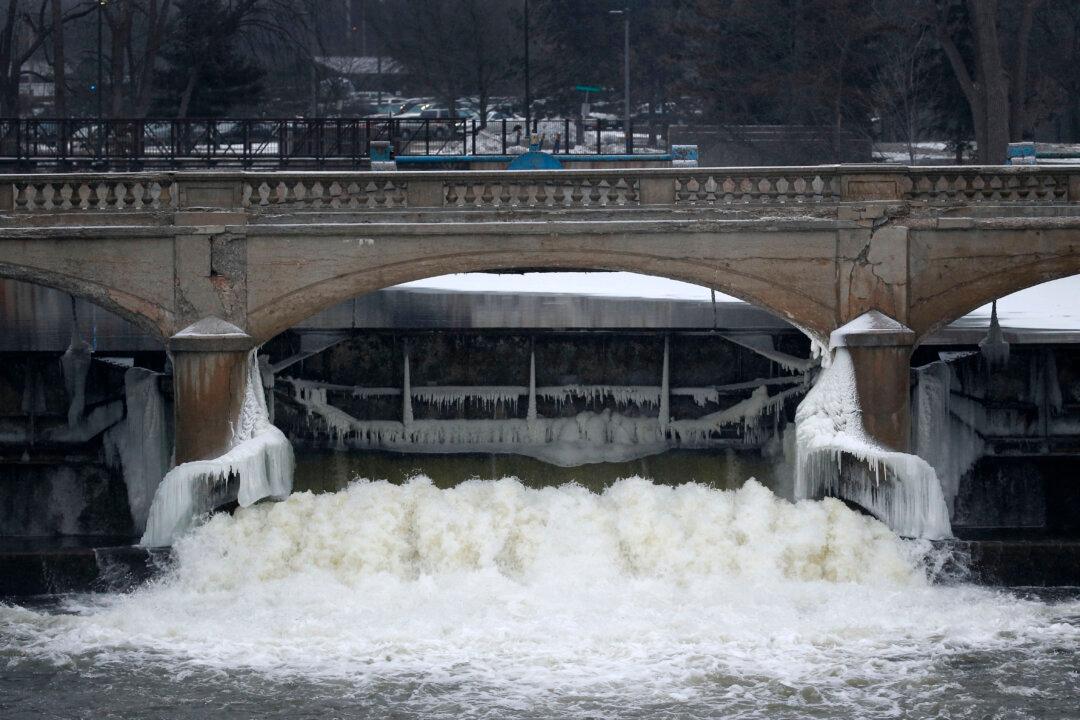Arizona’s Attorney General (AG) Mark Brnovich is leading a group of AGs in filing a petition challenging the Environmental Protection Agency (EPA)’s decision to postpone the Trump-era Lead and Copper Rule Revisions (LCRR).
“While the Biden Administration talks a lot about preserving clean air and water for future generations, they have failed to ensure clean drinking water for our children now,” Brnovich said in a press release on Friday.





